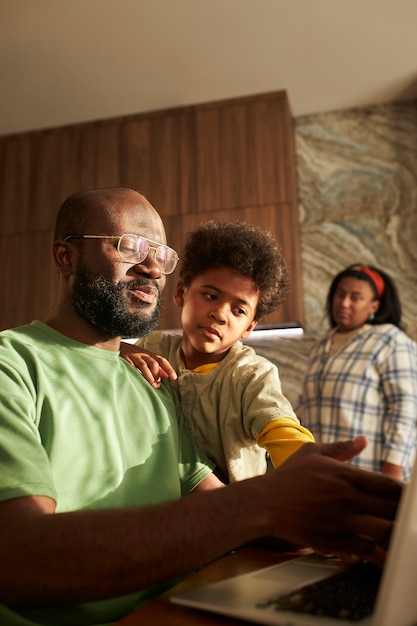Dealing with the aftermath of a failed relationship is undeniably challenging, akin to grieving a life that once held promise and shared dreams. When children are part of the equation, the emotional toll can be even more profound. The journey through healing involves acknowledging the pain, fostering communication, and prioritizing the well-being of both yourself and your children.
Acknowledge the Pain
The end of a relationship often brings a mix of emotions – grief, sadness, anger, and sometimes relief. It’s crucial to recognize and accept these feelings without judgment. Allow yourself the space to grieve the life you envisioned but will never experience. Remember that healing is a gradual process, and it’s okay to seek support from friends, family, or even professional counselors.
Prioritize Communication
Effective communication becomes paramount, especially when children are involved. Maintain open, honest, and respectful dialogue with your ex-partner about co-parenting responsibilities. Establishing a solid communication foundation can contribute to a healthier environment for your children and help navigate the complexities of shared parenting.
Focus on Co-Parenting
While the romantic relationship has ended, the parenting journey continues. Prioritize the well-being of your children by fostering a positive co-parenting dynamic. Keep discussions child-centered, emphasizing their needs, routines, and emotional health. Consistency between households can provide stability for the children during a period of significant change.

Seek Professional Guidance
Enlisting the help of a family counselor or therapist can provide valuable insights and strategies for coping with the challenges of a failed relationship, particularly when children are involved. Professional guidance can assist in establishing effective co-parenting strategies and coping mechanisms for both you and your children.
Establish Boundaries
Clearly defined boundaries are crucial in the aftermath of a failed relationship. Set realistic expectations for co-parenting responsibilities, and respect each other’s space and decisions. Creating a structured framework can minimize conflicts and contribute to a more stable post-breakup environment.
Self-Care Matters
Take time to prioritize your own well-being. Self-care is not a luxury but a necessity during challenging times. Whether it’s engaging in activities you love, seeking therapy for personal growth, or spending quality time with supportive friends, investing in yourself is key to navigating the emotional roller coaster of a failed relationship.
Embrace Change and Growth
View the end of a relationship as an opportunity for personal growth and self-discovery. Embrace the changes life presents and focus on building a new, fulfilling chapter for yourself and your children. While the past may hold cherished memories, the future offers the potential for resilience, strength, and newfound happiness.
Dealing with a failed relationship when children are involved requires a delicate balance of self-reflection, effective communication, and a commitment to prioritizing the well-being of your children. By acknowledging the pain, fostering open communication, and embracing positive change, you can navigate the challenges and build a foundation for a brighter future.










